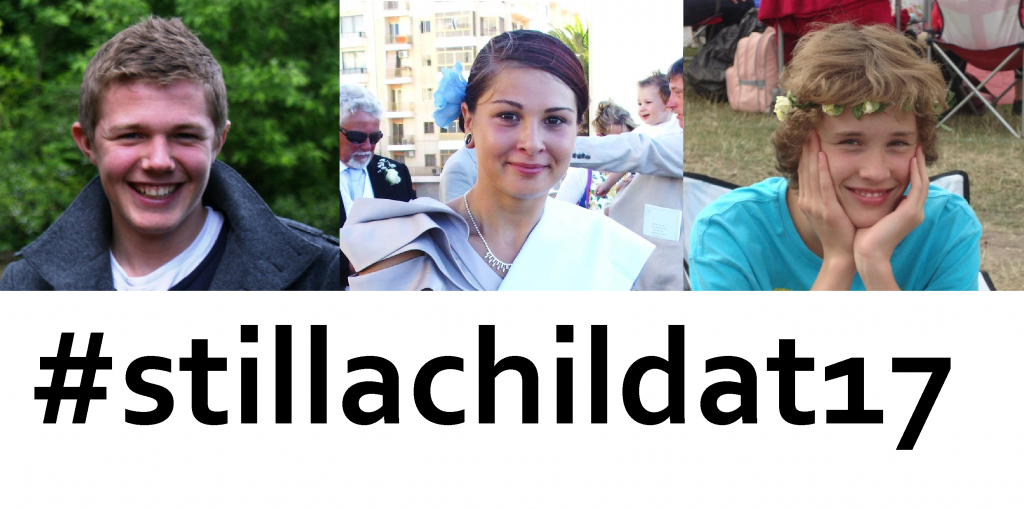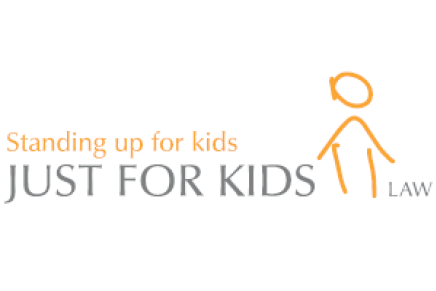This case demonstrates how vulnerable a 17-year-old may be. Treated as an adult, he receives no explanation as to how important it is to obtain the assistance of a lawyer.
Lord Justice Moses handing down judgment in our case against the Home Office on the rights of 17-year-olds detained by the police.
Who is a child? The answer to this question in international and domestic law is clear: a child is anyone under the age of 18. But it took a legal challenge and a national campaign to ensure that 17-year-olds were given the same rights as other children in the police station.

Before we successfully challenged the Home Office over the rights of 17-year-olds in the police station in 2013, 17-year-old children were routinely denied access to an appropriate adult - a responsible person aged 18 or over who supports children and vulnerable adults detained at the police station or being interviewed by the police. They were also frequently denied other rights afforded to children in the criminal justice system, with many being treated the same as adults. A series of tragic deaths of children who were treated as adults in police custody made it clear that a change to the law was a vital necessity.
In 2012, weeks after his seventeenth birthday, Hughes Cousins-Chang was arrested aboard a bus in south London. He was held in a police cell for hours without being able to contact his mum, who only found out about his arrest when police arrived to search the house. We took on Hughes's case and helped him to challenge this in court. Thanks to Hughes's strength and derermination, the law was overturned, and 17-year-olds now have the right to an appropriate adult in the police station.
Handing down judgment in the case, Lord Justice Moses said that it was "difficult to imagine a more striking case where the rights of both child and parent under article 8 [of the European convention on human rights, guaranteeing family life] are engaged than when a child is in custody on suspicion of committing a serious offence and needs help from someone with whom he is familiar and whom he trusts in redressing the imbalance between child and authority."
What happened next?
Thanks to this successful case, 17-year-olds now have the right to appropriate adults when questioned in the police station. There is however, still work to be done to ensure that 17-year-olds have access to the same rights as other children in the criminal justice system. As part of our youth justice campaigning work, we are researching the situation for 17-year-olds who turn 18 while involved in an ongoing criminal case, and we are also challenging the Home Office in court over its failure to provide 16 and 17-year-olds with safeguards - including access to appropriate adults - when they are used as covert informants by police and other agencies.
We will continue to campaign for the right of 17-year-olds to be recognised for what they are: children.
